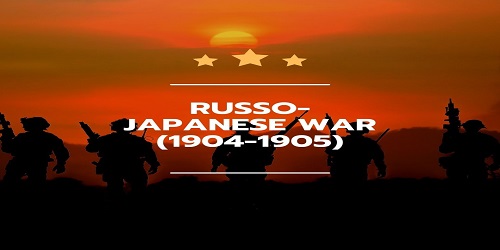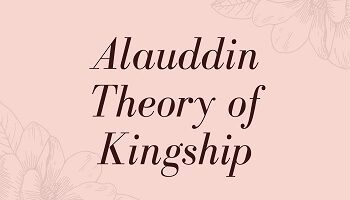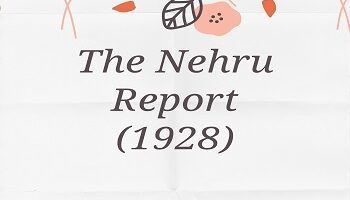Russo-Japanese War (1904-1905):
The Russo-Japanese War was a real outcome of the Anglo-Japanese Treaty. Taking advantage of the Boxer Revolt Russia had sent its forces into Manchuria and kept them there even after the revolt. It seemed that she was determined to establish her permanent domination in that area. The Manchurian provinces were very important for Russia from an economic, political, and social point of view. They produced various food grains and oil seeds in abundance. Besides agricultural crops, timber, iron, coal, and gold were also available there in large quantities. These were the reason why Japan tried to capture Liaotung Peninsula in 1895. Japan opposed the growing Russian influence in this area.
By this time America had started taking interest in the far east, therefore like other parts of China, she tried to apply the principles of “territorial integrity” and “open door” policy in Manchuria also. England and Japan had the greatest danger from Russia. Because of the Anglo-Japanese Treaty Russia made changes in her Manchuria policy. According to the Russo-Chinese agreement of April 8, 1902, Russia had promised to withdraw its forces from Manchuria in 18 months, but she was not willing to carry out this promise. She withdrew her forces from one corner of Manchuria and concentrated them into another and after some time flatly refused to withdraw them. She demanded that China should allow her to establish an economic monopoly in Manchuria.
Besides Manchuria, Russia also wanted to establish its influence in Korea. Now Japan saw a danger for itself and never wished that Russian influence should spread in Korea. Japan proposed that Russia should accept that Japan had special interests in Korea and in return, Japan would accept special interests of Russia in Manchuria. Russia did not accept this suggestion and political contacts between the two snapped. Without formally declaring war, Japan suddenly attacked Port Arthur on February 8, 1904.
This war which continued for a year was a strange war because it was fought neither on the Russian nor on the Japanese mainland but on the mainland of China and was financed by those powers which did not participate in it. Japan was helped by England and America and Russia received ample money and war material from France and Germany. About this war, Prof. Langer writes, “There is no better example than this of a war fought between two countries to gain imperialistic objectives. But if relative responsibility is to be fixed, it must be conceded that Japanese policy was based on actual needs. It was motivated by self-preservation. The Russian position in this war was weak. Finally, with the mediation of the American President, this war came to a close on September 5, 1905, and the Treaty of Portsmouth was signed between the two.
Treaty of Portsmouth September 1905
This war was a great military achievement of Japan. Japan reaped more benefits than it had expected before the beginning of the War. England was happy that its rival Russia had been defeated. Now Japan was counted as one of the most powerful nations in the world. Japanese victory gave a new slogan of Asianism “Asia is for Asians”. The war had an effect on Russia also. It revealed the hollowness of the despotic rule in Russia and put an end to Russian penetration into China.









Comments (No)